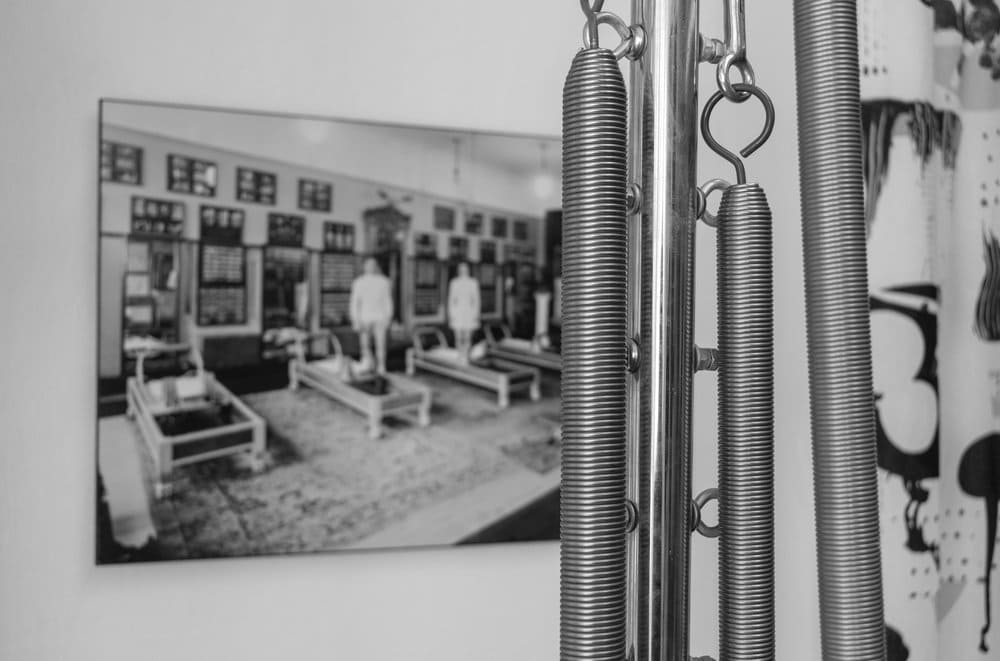
Let’s take a look at the 6 basic principles of Pilates:
Concentration — In a nutshell…pay attention to your body! But we strive to do it in a way where we are observing, inhibiting, activating, directing and ultimately becoming more mindful in every moment of our movement practice. To do this with curiosity and without judgement or fear is a huge part of this principle for me.
Control — I think control is often associated with tension so this principle is tricky. Control in the context of Pilates means to me the ability to consciously and specifically make choices about what we are moving, what we are keeping still and moving with intention. Control is a mechanism to facilitate healthy movement, not stop it in its tracks.
Flow (fluidity and efficiency) — Classically Pilates was taught more like a never ending dance with choreographed transitions between exercises. In more contemporary sessions and applications this is sometimes not nessesarily the focus especially in more rehabilitative sessions. However, the idea of flow can be applied and explored in any movement sequence. Often clients when they touch on this principle will say “it felt easier!!”. That doesn’t mean the body is getting lazy or your aren’t working hard! Its means you are finding a flow of energy and efficiency and that’s a good thing for mind and body alike.
Centering — This one can often be read as “find your core”. What it means to me is finding and exploring the place where mind and body can be one.
Precision — Pilates is specific! This can often feel overwhelming like throwing yourself into a language immersion course for the body. As with any new skill we often start with the broad strokes and then over time refine. Precision is a practice and like any good practice is infinite.
Breathing — You would think something we do automatically would be easy, but this is the hardest one! Breathing effects so many of our systems physically and mentally. The way we breathe effects our posture, our stress levels, the way our muscles engage and our overall endurance when it comes to physical activity. I’m not a medical professional, but I’m sure if you ask any doctor they can rattle off a number of other more involved systems in the body that our breath influences. Joe himself put it best, “Above all, learn to breathe correctly”.
With love,
Joss
